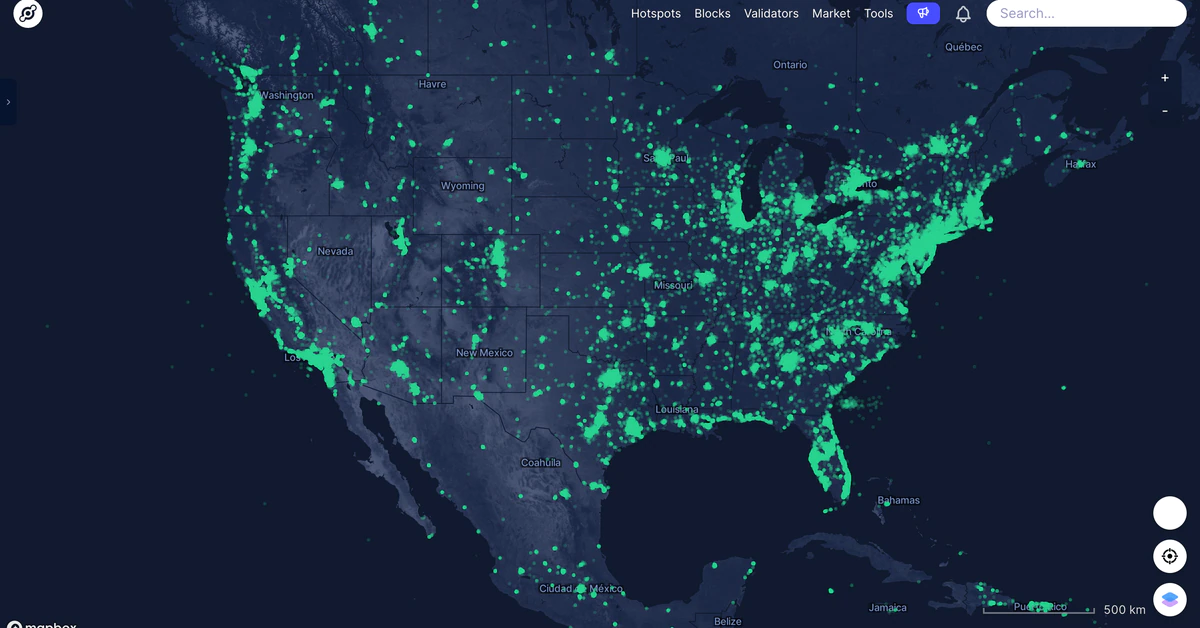| Deborah Clark is the ICO’s Upstream Regulation Manager. Her team supports public authorities to perform in line with their statutory duties and prevent breaches of access to information legislation. |
Around this time last year, I wrote about our new Upstream Regulation team and our focus on supporting public authorities to be open and accountable with the public they serve.
Transparency is fundamental to our democracy. It underpins trust and confidence in public services, which is essential because the decisions made here impact us all in some way. The Freedom of Information (FOI) Act and Environmental Information Regulations (EIR) are the mechanisms by which people can exercise their right to know, and as the regulator of these laws we are here to provide clear advice and guidance, and regulatory certainty, so that public authorities can get it right.
Now, one year into our new upstream approach, I wanted to reflect on what we have achieved so far, highlight products that you may have missed, and set out what else we will do.
So, what have we done? We had four key areas of focus initially, and have produced several resources to support each:
- Work with key organisations to produce and pilot new tools, guidance and training for the regulated community to improve request handling.
Examples include:
- Increase engagement with the FOI community, listening, sharing learning, and promoting best practice to improve transparency.
We have:
- Promote ease of access by supporting those seeking information to make an FOI request, so requests are easier to handle for public authorities while giving people the best chance of getting the information they want.
We have:
-
Support compliance with proactive disclosure and build an evidence base of the benefits of proactive transparency while making requesters more aware of how they can access information already available, removing the need to make a request.
We have:
We wanted to understand the impact of our work and whether these resources are helping public authorities to share information more effectively with the public. We asked FOI practitioners across the country what they thought, and the response has been overwhelmingly positive. People told is that the resources are useful, clear and easy to use, and:
- Over two thirds of respondents (69%) reported an improvement in confidence since using the resources.
- Respondents reported reduced time spent providing support to colleagues and releasing resource for other work.
- Almost a third of people had had already made changes to their processes because of our advice, with others planning to make changes soon or hoping to revisit this in the future.
You can read the full results of our evaluation on our website.
If you want to share thoughts on our resources, please fill in our simple form.
So, what next?
We are working on a series of bite-sized products on specific sections of the legislation. We will continue to engage through various events and will provide our view on topics as they arise, as well as sharing more learning points from ICO decision notices and Tribunal cases.
Another area we intend to focus on is compliance with the duty to proactively publish information in accordance with the ICO’s model publication schemes. Now is a good time to ensure your publication scheme is up to date and that you are regularly publishing information in accordance with it. And if you’ve notice that proactively publishing information has had an impact on your caseloads, we would love you to tell us about your experiences.
A word of thanks
We have enlisted the help of FOI practitioners across a range of public authorities from different sectors to ensure that our supportive products are fit for purpose. This group now contains over 80 FOI practitioners of varying levels of experience. I would like to take this opportunity to express my thanks for their valuable input and also to civil society groups who have provided helpful feedback to shape our products.



